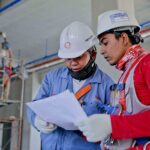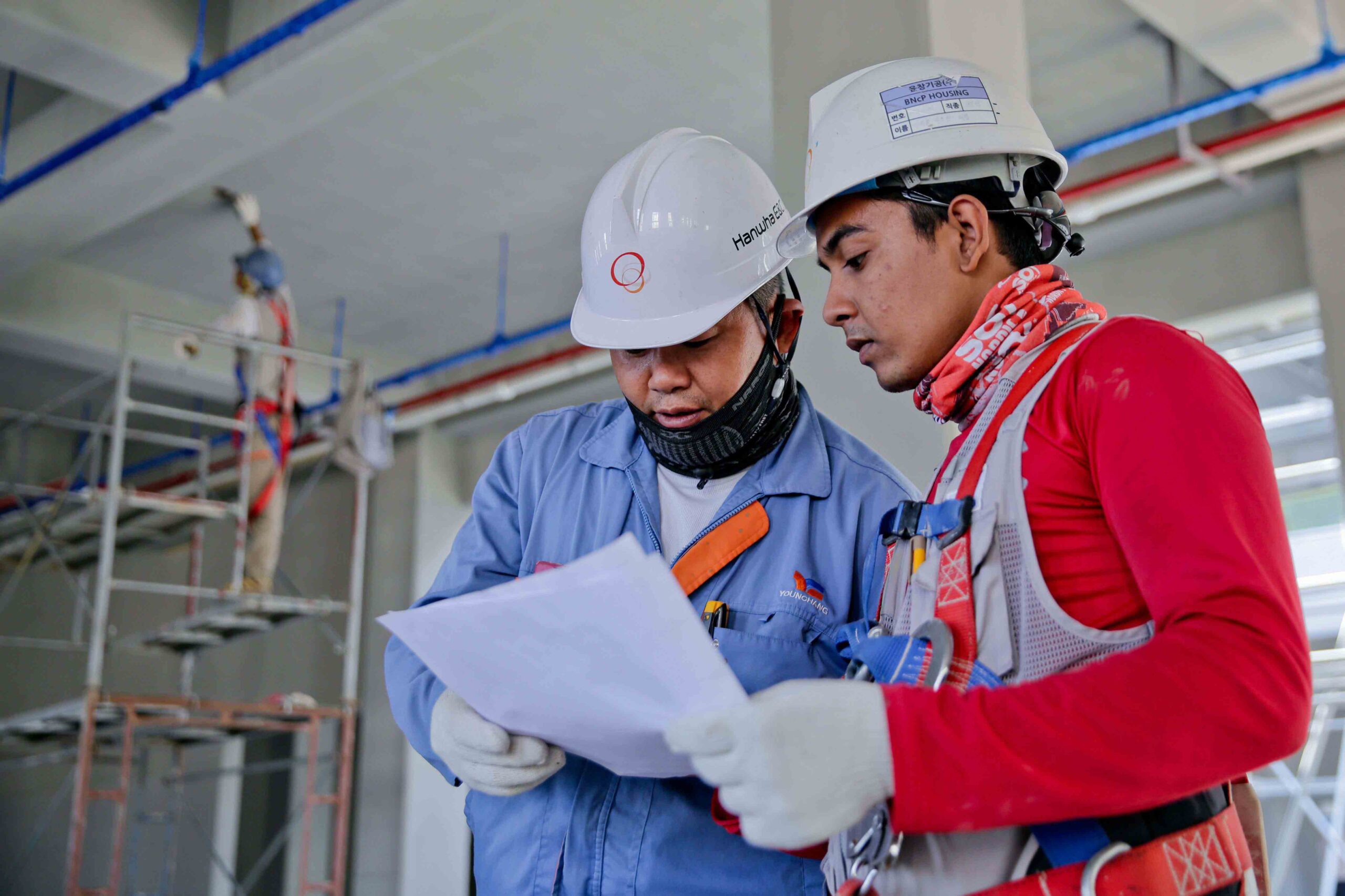We love the idea of superpowers. The creative innovator, the meticulous executor, the people-driven leader. But superpowers don’t exist in isolation.
Too often, companies rely on personality tests or role assessments to build teams. But knowing someone’s strength isn’t enough. The real question is: Can they adapt when the game changes?
Take a striker in football—he might be great at scoring, but what happens if the team needs him to play midfield? He might manage for a game or two, but over time, he’ll burn out or fail. The same happens in teams when people are stretched beyond their natural fit.
Why static roles fail
- People are dynamic. They adapt under pressure—but only to a point.
- Context matters. The same skills that work in a startup phase might fail in scale-up mode.
- Mismatch creates risk. If a specialist is forced into a generalist role, engagement plummets.
A smarter approach to team strengths
Instead of static labels, winning teams focus on:
- Role flexibility: Understanding how far someone can stretch before performance drops.
- Growth adaptability: Mapping how individuals evolve through different phases.
- Context-driven fit: Matching strengths to the current business need, not just personality type.
What if your best people aren’t in the wrong team—but in the wrong phase of growth?
Is your team structured for where you are today—or where you need to go next?






